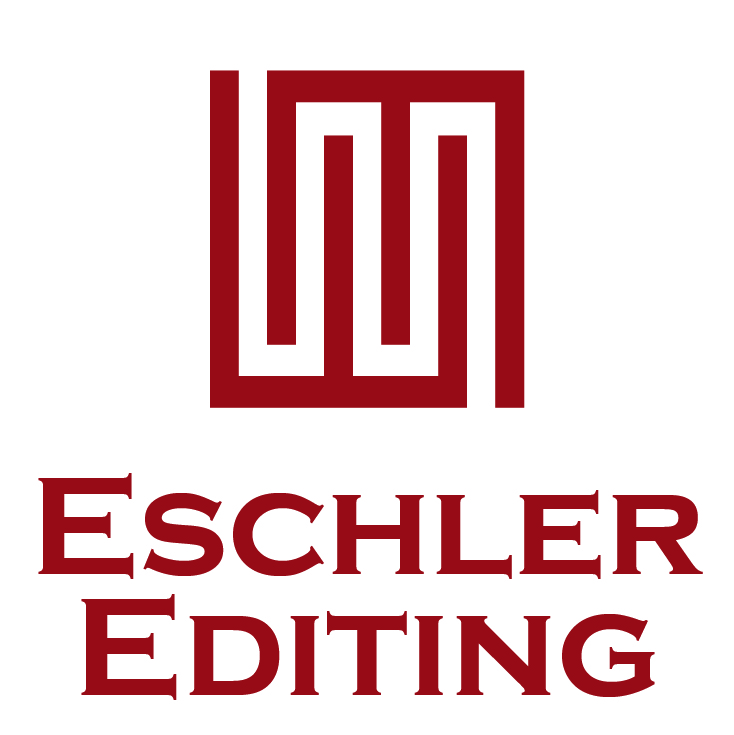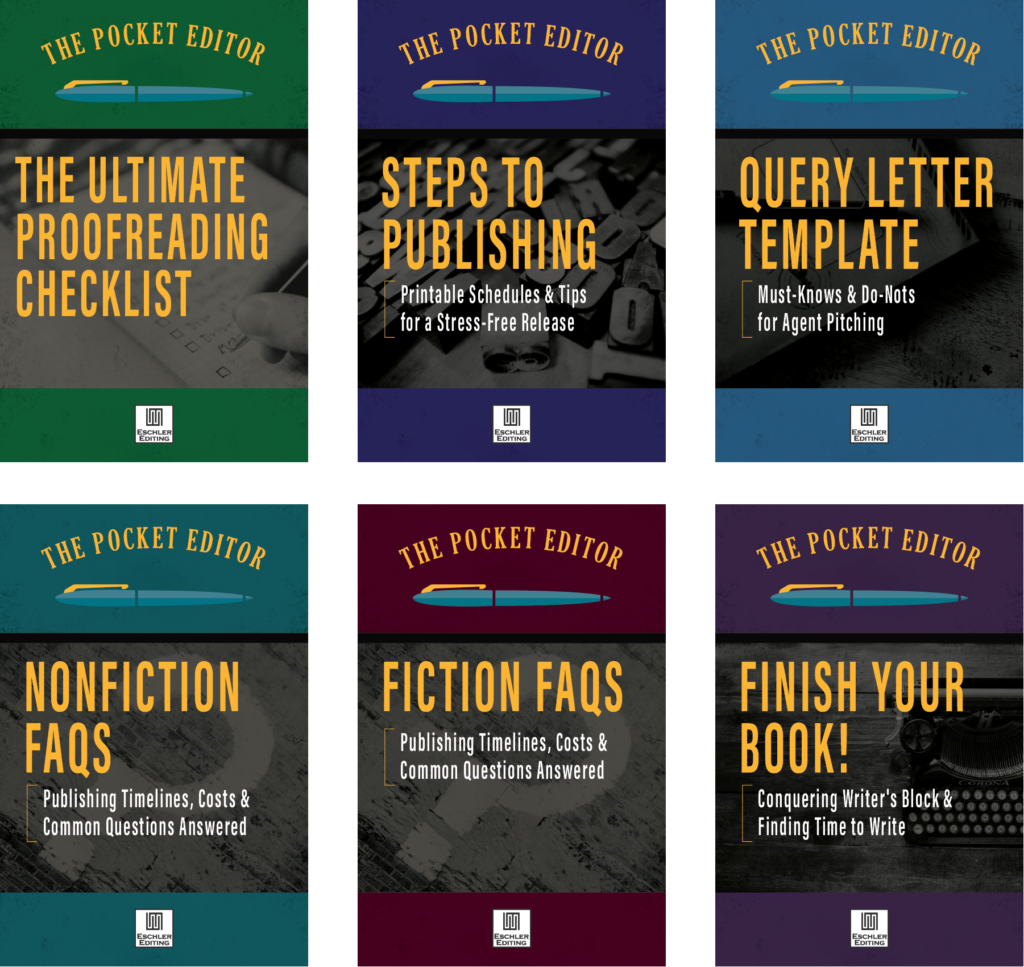by Angela Eschler
Next to “Write what you know,” the most common piece of advice I hear at conferences is “Just write every day.” I always cringe a little when I hear that.
Not because it’s not good advice. It is. But because it’s not the best advice for a newbie. There’s a context that frames that advice, and if you don’t understand the context, you won’t make good use of the advice.
For example, that other common piece of writing advice, “Write what you know,” makes sense when what you know is how to take your emotional experiences and translate them into a new setting and a different conflict.
The big problem most new writers face is that they don’t know how to translate the what of story into the how of story. It’s no simple trick to tell a compelling story—serious and complicated craft is involved.
Write Every Day?
Unfortunately, you don’t learn the how of writing just by writing every day. At least not in the beginning. There’s a missing piece of background information you need in order to gain any traction from that advice. Here’s the rub: just like in a movie, every part of your story (all the elements of craft, not just the scenes) has a purpose. In addition to giving a film a sense of realism or setting, everything in it—the set pieces, lighting, costumes, the events and the order of the events, and the music, etc.,—are intended to do something very specific: to evoke a particular emotional response from the reader. (Try watching an emotional movie without the music to see how it changes your response.)
This goal is no different for the writer of books. Evoking a strong emotional response from your readers is key to your overall success as a writer. And the particular emotions you want to evoke (which, when, and why) are intrinsically tied to your genre mastery.
I’m always surprised to hear authors say they’ve been writing for months (or even years), but they’ve never read any how-to books, they don’t study other writers, and they haven’t attended any workshops or gotten feedback of any kind. This approach to your writing will keep you stuck at the same skill level and making all those beginner mistakes for far too long.
Imagine a master pastry chef telling a hopeful newbie that the key to success is to simply practice making pastries every day. The big omission in that advice is that you kind of need to get some knowledge about what makes pastries turn out well. Like…I don’t know…you may want a recipe?
Just having access to flour and butter does not a pastry chef make. What you need to learn first is how to combine those ingredients so they will produce a particular result. It’s chemistry, for pity’s sake—and you can practice it for decades, but you won’t get very far without instructions on what to mix and when. And even then, when it comes to something as complex as pastries, even a recipe will only get you so far.
You also need to understand a bit more about how the molecules interact under different conditions. What kind of milk you use matters. The texture of the flour matters. The altitude matters. The season matters. (Having watched this process a half dozen times, I’m convinced that whether you have Danish heritage might matter.) The humidity level in the room matters: Have you ever watched a baker lick her finger and hold it up to the air to figure out how much more water to add to the recipe? What the…?!
That insane something skilled writers do—their ability to adjust the recipe according to the humidity in the air, so to speak—is a practiced art based on understanding the chemistry of craft: they understand that this element of craft can be adjusted up or down in different contexts to produce different results. This is the essence of writing well: it takes knowledge applied to practice to get the emotional result you want for the reader (so your book will actually gain traction in the marketplace). The masters telling you to write every day did not just sit down and start writing beautifully every day. They studied the recipe inside and out, then variations of the recipe, then commentary on the recipe, and then tried it over and over. And over. And then they went out and learned some additional chemistry so they could make their own signature glaze to put on it.
How to Make Your Writing Practice Effective
Yes, you should write every day (especially if you live on a planet with no day jobs, kids, responsibilities, or calories that need to be worked off), but before you write every day, or at least while you’re writing every day, make sure you’re doing two things:
- Start studying which elements of craft do what and in what contexts. Read nonfiction how-to-write books. Go to conferences, and write down the craft processes other authors use to advance their skills. Listen to writing podcasts and read blogs on craft. Study what other authors are doing—how they are creating particular emotional results in their readers (do they talk about it on their websites/in interviews?). Writing well is a serious craft, and especially if you want to make money at it, you should treat the process of becoming a writer as you would any other professional career (for instance, you don’t show up to medical school and expect to be working with the surgeons on day one—there is stuff you have to learn first so you don’t hurt anybody!).
- Let some other chefs into the kitchen. I know it’s hard and possibly scary to share your work with others in order to improve it. And you do need to be emotionally ready for feedback. But understand that feedback can help you improve more quickly than anything else, and it will decrease the amount of other painful writing dues you have to pay (like tons of rejection letters or bad reviews). I was recently at a coaching event with New York Times best-selling author Angie Fenimore. She had great insight about reframing the nerve-wracking process of getting feedback—she doesn’t allow you to call it a “critique” but calls it a “contribution” instead.
Feedback on your writing is not a criticism of your worth, ability, potential, or the value of your story. It’s simply a way to learn more about the craft you love. You can take what you want from it as you gain experience and discernment. Your book is always yours, but you are more likely to make an impact with it if you let others contribute. You are writing for other readers, after all. So get feedback from writing professionals who are further along in the journey. Sign up for the boot camps and feedback sessions at conferences. Hire professional editors to give you feedback. Get into a critique group of people who are as serious about their writing education as you are. Every master from any career field will tell you to get a mentor. Find yours (whether it be one or many).
The Wrap-Up
In short, crack open that recipe book, start studying, and test your creations on knowledgeable chefs. Even though we’re veering away from our guiding metaphor, I’ll let writing chef Larry Brooks close the discussion:
An anesthesiologist has to do only one thing well: Put the patient under without killing him. But she has to know about five hundred things to do it successfully. It is the same with the writer.” —Larry Brooks, Story Physics
Writing is a craft; while it is great fun, if you’re looking for market success it also requires great skill developed over time. Yes, write what you know, and write every day(ish), but take the leap toward serious study and gleaning feedback, and you’ll write a little better every day.






Do you have any lists of how-to-write books for specific genres? For example, horror or ghost stories? I see plenty of how-to-write books for pretty much everything else, but not for horror. Suggestions?
Hi, Meg. We sure do. Our list in the blog above covers several specific genres. However, for horror, I would suggest tuning into the Writing Excuses podcast season 11–in which they expertly cover the most important keys to success in different genres. They just finished Horror Month and there are 3 podcasts on it (only 15 minutes each and packed full of insights). Here’s the link to the first one in that series: http://www.writingexcuses.com/2016/05/01/11-18-elemental-horror/
Here’s that link to other genre-specific lists: https://eschlerediting.com/editors-nighstand-recipes-for-success/ (the paranormal gets a nod here for your ghost stories)
May I also humbly suggest On Writing Horror: A Handbook by The Horror Writers Association, by Mort Castle. It’s a Writer’s Digest edited collection, and some of the articles are more helpful than others, but there’s some good stuff in there.
Stephen King’s On Writing is probably the best writing craft book I’ve ever read (and at least a third of it is autobiography!)
Angela, I am definitely going to listen to that Writing Excuses podcast. Perfect for October. =)
That’s a great piece. Love the culinary analogy.
Hey, Séamus! Thanks for the feedback. We’re glad you liked the post!
I used to get my feedback from my kid, when I read the manuscripts as bedtime stories. When I got to the end of chapter 35, they screamed. That’s when I knew I had something! Other readers for whom I serialized the manuscript did the same.
Rell became my first published book.
Haha! That’s awesome! Thanks for sharing with our readers.
This is such excellent advice, and the analogy with baking is spot-on. Yes, you need to practice every day. But you need instruction and correction to guide your practice.